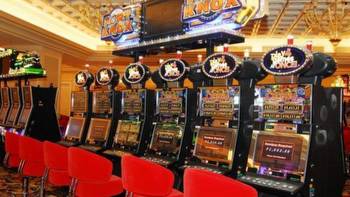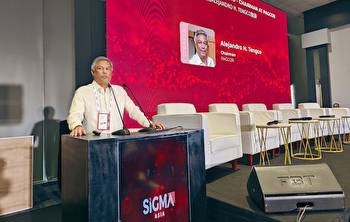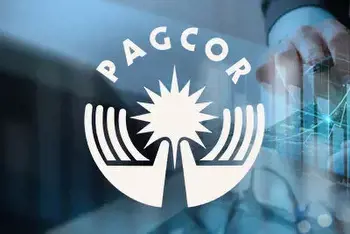Lower licensing fee enhances competitiveness of POGOs

Speaking to AGB, Andy Jeon, COO of the remote slot solution provider Winn Tech, considers that the licensing fee set by the Philippines gaming regulator will enhance the competitiveness of POGOs. He notes that these operators “not only need to compete with land-based casinos but also with the grey market.”
Jeon indicates that online-based gaming operations are facing competition worldwide, with many market players in the illegal field not paying any taxes. In this context, grey market players could gain an edge in the market since they can afford higher agent fees.
The Philippine Amusement and Gaming Corporation (PAGCOR) reversed the remittance rates from 40 percent to an average around 35 percent of gross gaming revenues (GGR). The policy took effect from April 1st this year.
According to Alejandro Tengco, chairman and CEO of PAGCOR, the country’s remittance rate was over 50 percent in August 2022. So this reduction is seen as significant. The regulator bets that the lower licensing fee will attract more operators to the Philippines, as well as the objective to “cleanse” the gray market.
During the 6th ASEAN Gaming Summit, Gilbert Remulla, member of the PAGCOR Board of Directors, noted that lowering the fees incentivizes these black market players to legitimize themselves since with this rate their profits would be comparable to their underground operations.
Meanwhile, Jessa Fernandez, Assistant Vice President for the agency Offshore Gaming Licensing Department, pointed out that the new licensing probity check regulations have also created a tighter net to ensure applicants are free of criminal connections or political compromises.
PAGCOR implemented a revised regulatory framework for offshore gaming in August last year; a Philippine Offshore Gaming Operator (POGO) has been rebranded into Internet Gaming Licenses (IGLs).
In addition to the enhanced due diligence and compliance processes for new applications, the move also sets commercial barriers to entry based on the IGL Regulations to prevent dubious entities from being licensed. IGLs also require a higher capitalization requirement.
Winn Tech is the first remote slot solution provider under the IGLs in the country, which received accreditation from PAGCOR in April last year.
In the same interview, Winn Tech’s COO emphasized that integrity is the key to successful business, noting that online betting wagers are based on “trust”, and normally the online betting value is relatively “low” compared to land-based casinos. In this context, strengthening integrity is fundamental for the online gaming operator, indicates Jeon.
As of January 2024, Winn Tech already teams with four casinos, including Rizal Park Hotel & Casino, D’Height Casino, Heritage Casino, and Royce Hotel & Casino in the Philippines with an RPSM (Remote Play Slot Machine) system. So far, offshore gaming has clients from Japan and South Korea.
The business model is different from traditional online gaming, as Winn Tech has physical machines acquired from laboratory-tested slot machine manufacturers. The physical machines can be controlled with gadgets or smartphones, while e-games adopt the RNG software of virtual slots.
Jeon indicates that the company is “still in the learning stage” regarding different client patterns, since the culture and betting habits vary significantly from country to country. He notes that both Japanese and Filipino players’ standard deviations have lower volatility compared to Korean and Chinese players, reflecting different betting preferences. This suggests that Koreans and Chinese are more willing to take risks in betting to receive bigger rewards.
Meanwhile, the company has also defined a balanced expansion plan that will renew its slot machine offerings according to market trends. The target is to purchase a total of $50 million worth of slot machines in the next couple of years.
Jeon notes that typically, operations need to stick with a slot machine for at least 5 years due to investment costs, and replacement will occur with machines that are not performing well in circulation.


































